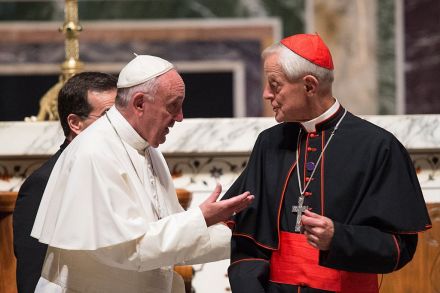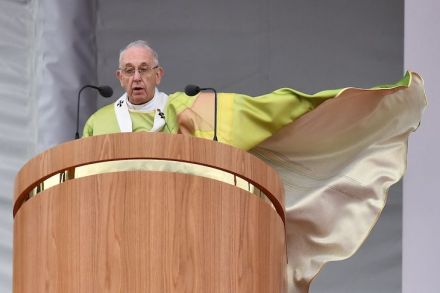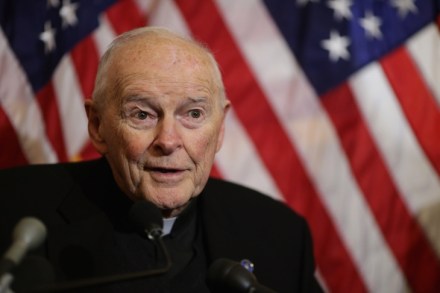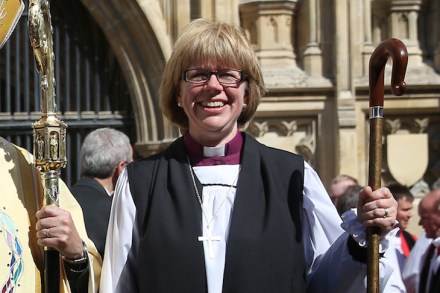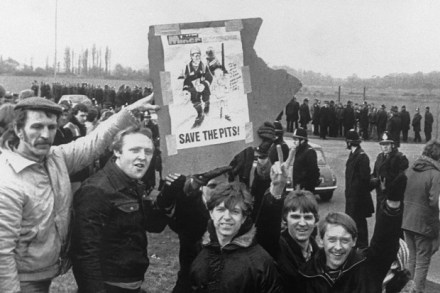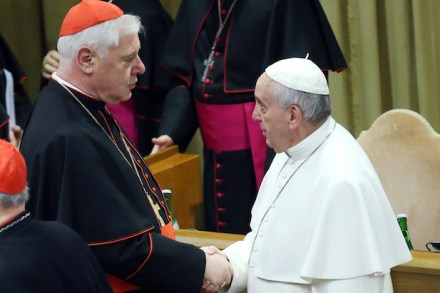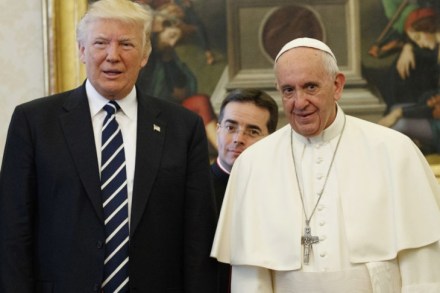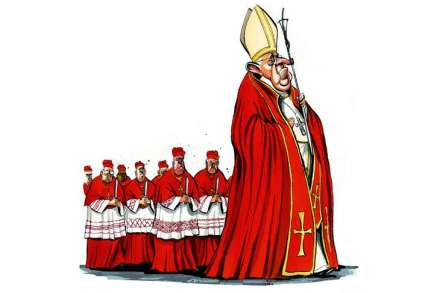Pope Francis was wrong to shower praise on Cardinal Wuerl
Pope Francis has accepted the resignation of the Archbishop of Washington, Cardinal Donald Wuerl, who is under intense pressure to explain what he knew about his disgraced predecessor, the sex abuser and ex-cardinal Theodore McCarrick. Wuerl had asked to resign. He knew his position was untenable: not only is there widespread scepticism about his claim that he didn’t know McCarrick routinely assaulted seminarians, but he’s also under fire for alleged mishandling of abuse cases when he was Bishop of Pittsburgh. His departure hasn’t come as a surprise: he is past retirement age anyway. But many Catholics are disconcerted – to put it mildly – by the Pope’s letter to Wuerl,
